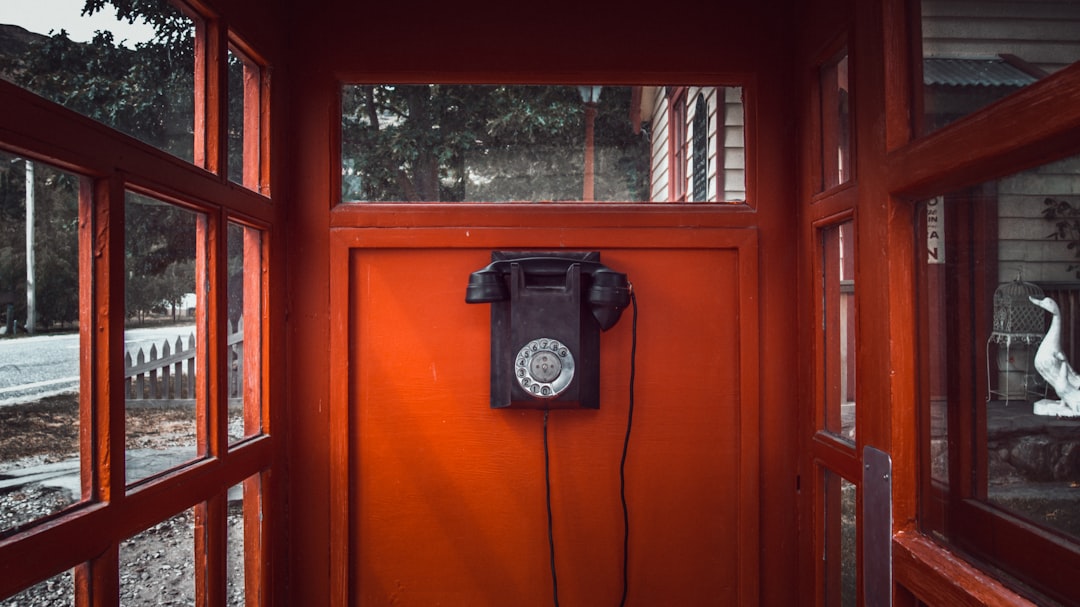South Carolina residents facing robocalls or spam calls have legal protections under the Telephone Consumer Protection Act (TCPA). Specialized robocall lawyers, versed in TCPA and Do Not Call regulations, can help through complaints, settlements, or litigation against offending companies. Document calls, register on the National Do Not Call Registry, use blocking features, report suspected robocalls to local Do Not Call law firms and the FTC, and consult a robocall Lawyer South Carolina for legal action and privacy restoration.
South Carolina residents face a growing problem with robocalls and spam texts. With the rise of automated calls, understanding your rights and knowing how to fight back is essential. This guide explores effective strategies to combat robocallers in SC. Learn about state laws, including the Do Not Call Registry, and discover legal options against spam calls, such as hiring a specialized robocall lawyer South Carolina. Discover steps to block unwanted communication and connect with top robocall attorney South Carolina firms for tailored assistance.
Understanding Robocall Laws in South Carolina
In South Carolina, the fight against robocalls and spam calls is backed by robust legal frameworks designed to protect residents from intrusive and unwanted communication. The state’s laws, including the Telephone Consumer Protection Act (TCPA), strictly regulate automated telephone marketing and telemarketing practices. These regulations empower individuals to take action against robocallers who violate privacy rights by making unsolicited calls or sending unwanted texts.
If you’re a South Carolina resident facing a deluge of robocalls or experiencing harassment through spam texts, connecting with a skilled robocall lawyer in the state can be pivotal. Legal experts specializing in telecommunications law and representing clients under the Do Not Call laws can navigate complex regulations to secure relief for victims. They can assist in filing complaints, negotiating settlements, or taking legal action against offending companies, ensuring residents regain control over their communication channels.
Legal Action Against Spam Calls: Your Rights
In South Carolina, there are robust laws in place to protect residents from robocalls and spam calls. If you’ve received unwanted automated phone calls or text messages, you have legal options. The Telephone Consumer Protection Act (TCPA) restricts how businesses can contact consumers via telephone, including restrictions on automated or prerecorded calls. Under this law, companies must obtain your explicit consent before calling, and you have the right to opt out of future calls.
If a robocall or spam text violates these rules, you may take legal action against the offending party with the help of a robocall lawyer in South Carolina. A reputable robocall attorney can guide you through the process of filing a complaint with the Federal Trade Commission (FTC) or seeking damages through litigation. Do not call law firms in South Carolina specialize in representing clients who have been victims of spam calls, ensuring that your rights are protected and abusers are held accountable.
How to Stop Unwanted Texts and Phone Calls
Unwanted phone calls and text messages, or robocalls, are a common nuisance, but South Carolina residents have rights and resources available to fight back effectively. The first step is to understand the laws governing these practices. In South Carolina, the Telephone Consumer Protection Act (TCPA) restricts automated or prerecorded calls placed to personal phones without prior express consent. This includes robocalls from marketing companies, debt collectors, and other businesses. If you’re receiving these unwanted calls, document them by noting the caller’s number, the date and time of each call, and any recorded messages.
To stop robocalls, residents can take several actions. Register your number on the National Do Not Call Registry, which helps prevent telemarketers from calling your phone. Many smartphones also have built-in features to block calls and texts from unknown or unwanted sources. Consider hiring a robocall lawyer in South Carolina or consulting with an attorney specializing in spam call laws who can guide you on taking legal action against persistent violators, especially if the calls are causing emotional distress or financial harm. Additionally, report suspected robocalls to your local Do Not Call law firm and the Federal Trade Commission (FTC) to help curb these practices.
Finding a Robocall Lawyer: Expertise Matters
When dealing with persistent robocalls or spam calls in South Carolina, one crucial step is to consult a specialized robocall Lawyer. These attorneys have the expertise to navigate the complex robocall Laws and regulations specific to South Carolina. They can provide guidance on whether the calls constitute illegal telemarketing practices and assist in taking appropriate legal action.
A robocall Attorney in South Carolina should be well-versed in consumer protection laws, including the Telephone Consumer Protection Act (TCPA). Their knowledge enables them to help clients block future unwanted calls, texts, or emails, ensuring residents’ peace of mind. If you’re facing a deluge of spam calls, finding a Do Not Call law firm with experience in handling such cases can be instrumental in reclaiming your privacy.






